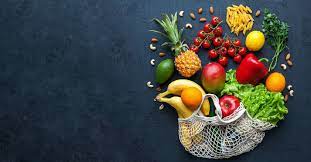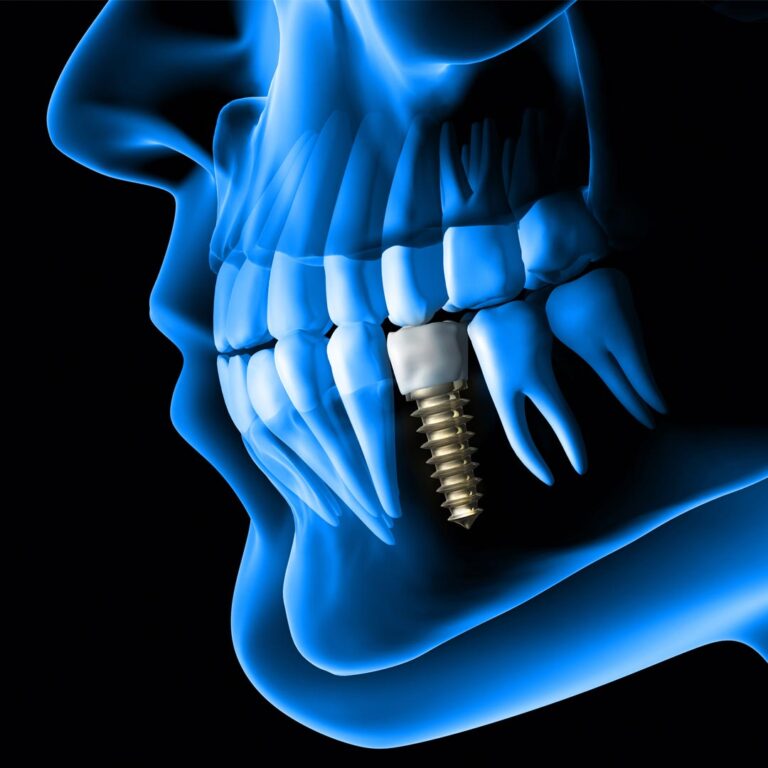What is the Vegan High Cholesterol?
“Vegan high cholesterol” is a term used to describe elevated levels of cholesterol in individuals who follow a vegan diet, which excludes all animal-derived foods, including meat, dairy, eggs, and seafood.
While it’s less common for vegans to have high cholesterol compared to those who consume a diet high in animal products, it can still occur due to various factors:
Genetics: Some individuals have a genetic predisposition to high cholesterol levels, regardless of their dietary choices.
Processed and Junk Foods: Vegan diets can include processed and unhealthy foods like vegan fast food, sugary snacks, and fried foods, which can contribute to elevated cholesterol levels.
Saturated Fats: Although vegans avoid animal fats, they may consume saturated fats from plant-based sources like coconut oil and palm oil, which can raise cholesterol levels.
Lack of Fiber: A diet lacking fiber-rich foods, such as fruits, vegetables, and whole grains, may not effectively lower cholesterol levels.
Overconsumption of High-Fat Plant Foods: While nuts, seeds, and avocados are healthy fats, overeating them can still contribute to high cholesterol levels due to their calorie density.
Genetic Variation: Some individuals may have a less favourable response to a vegan diet regarding cholesterol reduction due to genetic variations in how their bodies metabolize fats and cholesterol.
It’s important to note that a well-balanced and whole-foods-based vegan diet is generally associated with lower cholesterol levels and a reduced risk of heart disease.
However, like any diet, vegans need to make healthy food choices and manage their overall intake of saturated fats and processed foods to maintain optimal cholesterol levels.
If you’re concerned about your cholesterol levels on a vegan diet or have a family history of high cholesterol. it’s advisable to consult with a healthcare professional or registered dietitian.
They can provide personalized guidance and monitor your cholesterol levels to ensure you’re on the right track for heart health.
Vegan High Cholesterol
It is a common misconception that a vegan diet can’t lead to high cholesterol levels. In fact, a well-planned vegan diet can effectively lower cholesterol levels and reduce the risk of heart disease.
Cholesterol is primarily found in animal-based foods, so when you eliminate or significantly reduce these foods from your diet on a vegan diet, you can lower your cholesterol intake.
Here are some tips for managing cholesterol levels on a vegan diet:
1. Choose Whole Foods: Focus on whole plant foods such as fruits, vegetables, legumes, whole grains, nuts, and seeds. These foods are naturally low in saturated and trans fats, which can raise cholesterol levels.
2. Increase Soluble Fiber: Foods like oats, barley, beans, lentils, and fruits like apples and citrus contain soluble fibre that can help lower LDL (harmful) cholesterol levels.
3. Use Healthy Fats: Replace saturated and trans fats with healthier fats like monounsaturated and polyunsaturated fats. Sources include avocados, nuts, seeds, and olive oil.
4. Avoid Processed Foods: Highly processed vegan foods can still contain unhealthy fats and additives that may contribute to high cholesterol. Limit your intake of vegan junk foods.
5. Watch Out for Saturated Fats: While animal fats are absent in a vegan diet, some plant-based sources like coconut oil and palm oil are high in saturated fats. Consume them in moderation.
6. Include Omega-3 Fats: Omega-3 fatty acids, found in flaxseeds, chia seeds, walnuts, and algae-based supplements, can help improve your lipid profile.
7. Plant Sterols: Some foods like fortified margarine and orange juice contain plant sterols, which can help lower LDL cholesterol levels.
8. Stay Active: Regular physical activity can also help improve cholesterol levels.
9. Monitor Portion Sizes: Even healthy vegan foods can contribute to high cholesterol if consumed excessively. Pay attention to portion sizes.
10. Get Regular Checkups: If you have concerns about your cholesterol levels, consult a healthcare professional. They can assess your specific situation and recommend appropriate interventions if necessary.
Remember that genetics can play a role in cholesterol levels, so individual responses to diet may vary. It’s essential to work with a healthcare provider to monitor your cholesterol levels and develop a personalized plan for maintaining healthy cholesterol levels on a vegan diet if needed.
Read my article and please comment on my post and share it with your friends.







